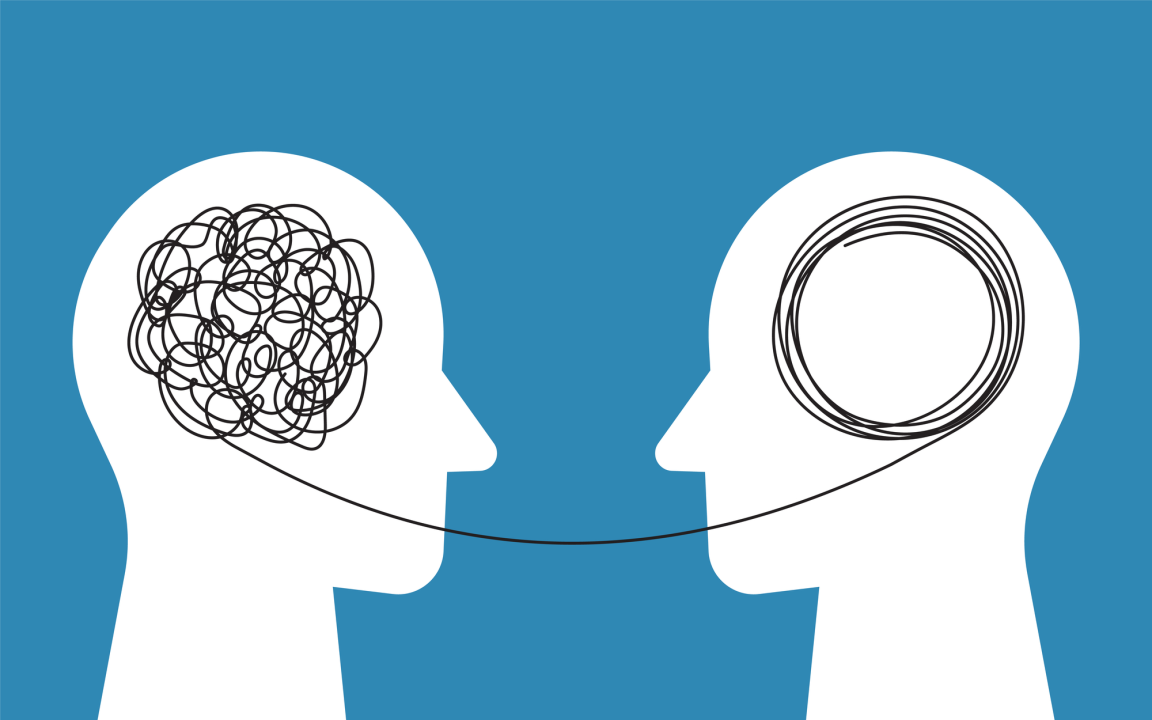Understanding Psychotherapy and Its Benefits
Psychotherapy, often referred to as talk therapy, is a structured process that helps individuals navigate emotional, mental, and behavioral challenges. It provides a safe space for people to express their thoughts and emotions while receiving professional guidance tailored to their specific needs. Seeking psychotherapy in Vaughan can lead to significant improvements in mental health, relationships, and overall well-being.
Key Benefits of Psychotherapy
- Improved Emotional Regulation – Therapy helps individuals understand and manage their emotions more effectively, reducing instances of emotional outbursts or prolonged distress.
- Better Stress Management – Techniques taught in therapy, such as mindfulness and cognitive restructuring, equip individuals with tools to handle stress more efficiently.
- Enhanced Self-Awareness – Exploring thoughts and behaviors in therapy promotes self-reflection, leading to greater self-understanding and personal growth.
- Strengthened Relationships – Psychotherapy can improve communication skills, conflict resolution, and emotional connections with loved ones.
- Increased Resilience – Therapy builds coping skills that enable individuals to navigate life’s challenges with greater ease and confidence.
How Therapy Helps with Anxiety, Depression, Trauma, and Stress
Anxiety
Anxiety disorders affect millions of people worldwide, causing excessive worry, fear, and physical symptoms like rapid heartbeat and restlessness. Psychotherapy, especially Cognitive Behavioral Therapy (CBT), has been proven highly effective in helping individuals challenge irrational thoughts and develop healthier coping mechanisms. Therapists may use exposure therapy to gradually desensitize individuals to anxiety triggers, fostering long-term relief.
For those seeking support for ADHD Los Angeles offers a variety of specialized therapists and clinics experienced in managing attention-related challenges across all age groups.
Depression
Depression is a pervasive mental health condition that impacts mood, energy levels, and daily functioning. Psychotherapy provides individuals with a structured environment to identify negative thought patterns and replace them with positive, constructive perspectives. Approaches like Cognitive Therapy and Interpersonal Therapy (IPT) help clients regain motivation, improve social interactions, and rediscover joy in life.
Trauma
Experiencing trauma can lead to post-traumatic stress disorder (PTSD), emotional numbness, and hypervigilance. Eye Movement Desensitization and Reprocessing (EMDR) therapy is a specialized approach designed to help individuals process traumatic memories and reduce their emotional intensity. Other trauma-focused therapies, such as Somatic Experiencing, help individuals reconnect with their bodies and release stored emotional distress.
Stress Management
Chronic stress can take a toll on both mental and physical health. Therapy teaches individuals relaxation techniques, time management strategies, and cognitive reframing to reduce stress levels. Dialectical Behavior Therapy (DBT), in particular, focuses on mindfulness and distress tolerance skills that empower individuals to maintain balance in high-pressure situations.
The Importance of Seeking Professional Mental Health Support
Many individuals hesitate to seek therapy due to stigma, misconceptions, or the belief that they should handle problems on their own. However, professional mental health support is as essential as medical treatment for physical ailments. Just as we visit doctors for physical health concerns, therapists provide specialized care for mental and emotional well-being.
Reasons to Seek Professional Support:
- Persistent feelings of sadness, hopelessness, or anxiety
- Difficulty managing stress or overwhelming emotions
- Relationship challenges and interpersonal conflicts
- Major life transitions, such as loss, career changes, or relocation
- Healing from past trauma or unresolved childhood experiences
By prioritizing mental health, individuals can enhance their quality of life and build a stronger foundation for personal and professional success.
Exploring Therapy Techniques: CBT, DBT, EMDR, and More
Cognitive Behavioral Therapy (CBT)
CBT is a widely used therapeutic approach that focuses on identifying and changing negative thought patterns and behaviors. It is structured, goal-oriented, and evidence-based, making it effective for anxiety, depression, and various other mental health concerns. Clients work with therapists to challenge irrational beliefs and develop healthier ways of thinking and responding to situations.
Dialectical Behavior Therapy (DBT)
Originally developed for individuals with borderline personality disorder (BPD), DBT has expanded to help those struggling with emotional regulation, self-harm, and interpersonal difficulties. It incorporates four core skills:
- Mindfulness
- Distress tolerance
- Emotion regulation
- Interpersonal effectiveness
These skills help individuals achieve greater emotional stability and improve relationships.
Eye Movement Desensitization and Reprocessing (EMDR)
EMDR is a specialized therapy designed to help individuals process traumatic memories. It involves guided eye movements that stimulate bilateral brain activity, allowing individuals to reframe distressing experiences and reduce their emotional impact. This therapy is particularly effective for PTSD and other trauma-related disorders.
Acceptance and Commitment Therapy (ACT)
ACT encourages individuals to embrace their thoughts and feelings rather than resist them. By focusing on values-based living and psychological flexibility, clients learn to accept their emotions while taking meaningful action toward their goals. This approach is beneficial for anxiety, depression, and stress management.
Integrating Psychotherapy into Everyday Life
Therapy is not just about attending sessions—it’s about incorporating learned techniques into daily routines. Here are practical ways to apply therapeutic strategies in everyday life:
- Practice mindfulness – Engage in deep breathing, meditation, or body scans to stay present and reduce stress.
- Challenge negative thoughts – Use CBT techniques to reframe self-defeating beliefs.
- Set boundaries – Prioritize self-care by establishing healthy limits in relationships and work.
- Engage in self-compassion – Treat yourself with kindness and understanding during difficult times.
- Develop a support system – Stay connected with trusted friends, family, or support groups.
Seeking Professional Help: Where to Start
If you’re considering therapy, it’s essential to find a qualified professional who aligns with your needs and goals. InnerSight Psychotherapy offers compassionate, evidence-based therapy for individuals seeking support in their mental health journey. Their experienced therapists specialize in various modalities, ensuring personalized treatment plans tailored to each client.
Conclusion
Prioritizing mental health is one of the most important steps toward a fulfilling life. Psychotherapy provides a structured, supportive environment where individuals can heal, grow, and develop lifelong coping strategies. Whether you’re struggling with anxiety, depression, trauma, or stress, therapy offers a path toward emotional resilience and personal transformation. Seeking professional help is a sign of strength, and with the right support, a healthier and happier future is within reach.



































